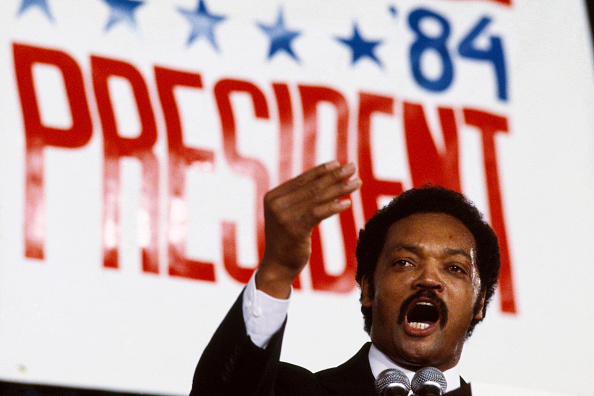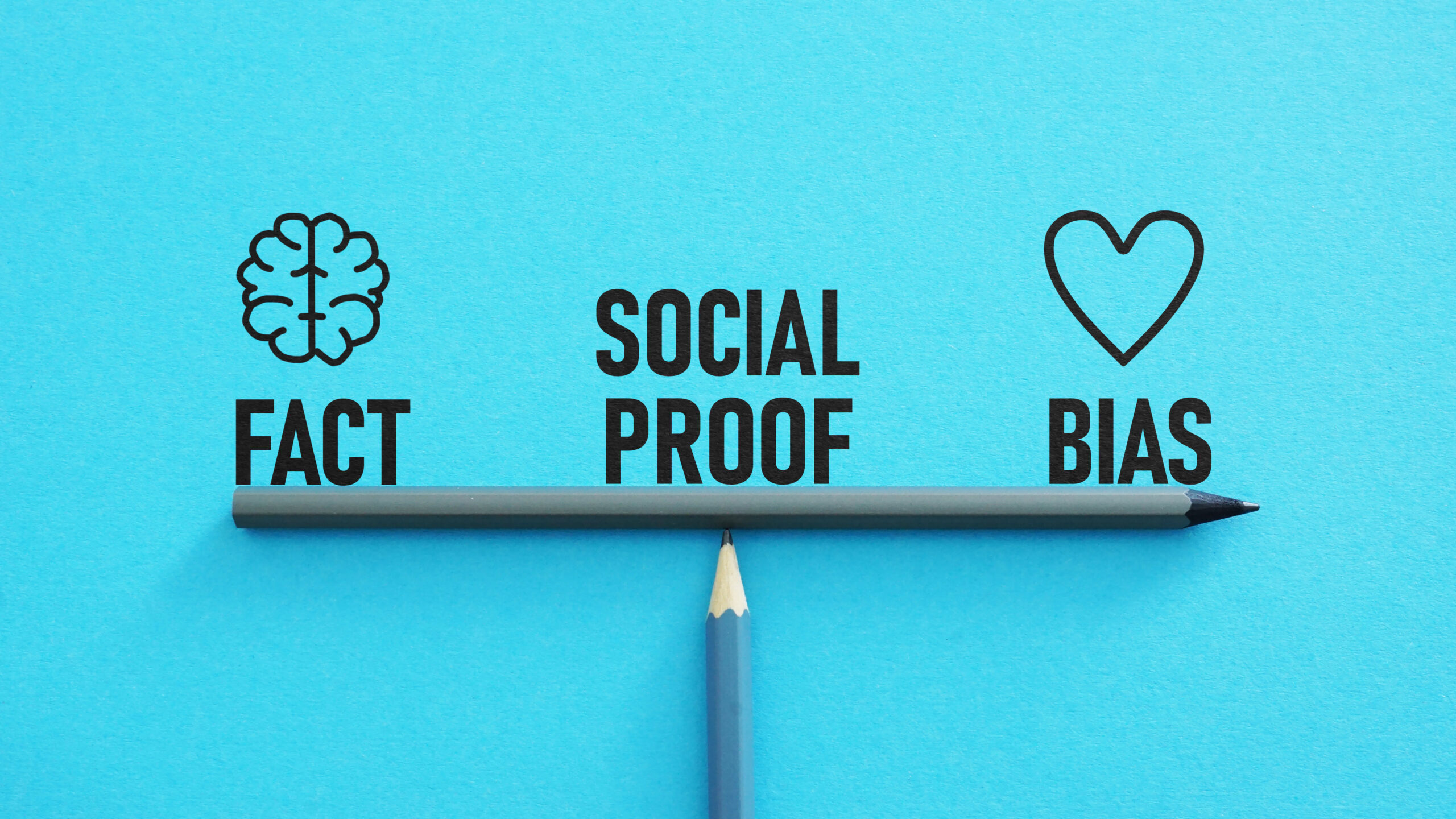We should choose the language that we use carefully. What buzz-phrases are you noticing entering the workplace?
Therapy-inflected language is infiltrating the workplace, as people become increasingly emotionally literate. But this should come with a note of caution.
Words do not only express our emotions. They also help to shape them. We should be careful about the language we use.
As Neuroscientist Lisa Feldman Barrett puts it:
“Just get a couple of people to agree that something is real and give it a name, and they create reality.”
– How Emotions Are Made: The Secret Life of the Brain
Think about the terms that we increasingly hear in the workplace and ask whether these simply describe emotions or actively reinforce them:
Gaslighting – Used when managers or employers deny or distort facts in a way that makes employees doubt their perceptions
Toxic – A broad term Gen Z uses for relationships, workplaces, or cultures that are emotionally damaging.
Triggering – Borrowed from clinical language but often used more loosely to flag workplace practices that feel harmful or re-traumatizing.
Emotional labour – Expectation to absorb, manage, or regulate emotions in a way that is not formally recognised (e.g. being the “office therapist”).
Burnout – A mainstreamed clinical term that Gen Z uses to highlight the systemic causes of exhaustion.
Boundaries – The right to set limits on time, energy, and emotional availability at work.
Psychological safety – Language that insists the workplace must allow vulnerability, risk-taking, and openness without fear of humiliation.
Quiet quitting – Withdrawing discretionary effort when work feels exploitative or misaligned with personal values.
Imposter syndrome – The persistent feeling that your success is undeserved
Social battery – A metaphor for your mental and emotional energy in social situations – it “charges” when you rest or spend time alone, and “drains” the longer you interact with others.
Imposter Syndrome
Imposter Syndrome is no doubt real, but isn’t there just the slightest element of the humble brag about it? If providence has propelled you to a position so elevated, that you question whether your talents deserve it, isn’t that equally cause for gratitude
Similarly, some people may genuinely risk what is increasingly known as ‘burnout’, but the generation that entered the workplace in the 1980s with 3 million unemployed, may feel that being in a job in which one feels stretched to one’s limits, is as much a privilege as an imposition. What’s more having a role, in which one has some degree of choice around the effort one puts in, is similarly a privilege. It’s doubtful whether a coalminer ever complained of burnout, despite the back-breaking nature of the work.
Gaslighting
Let’s look at ‘gaslighting’. This is the act of manipulating another person’s environment to the extent to which they question their soundness of mind. But who in the modern workplace has so little confidence in their own sanity, or so little control over their environment, that they would consider themselves in a position to be gaslit?
Social battery
And what of the term ‘social battery.’ It’s no surprise that this term has gained currency among the generation who suffered lock down – and then the madness of being asked to stay at home (often their parent’s home) and log on via their laptops. Many would join and leave an organisation without ever meeting a single colleague in person. The implication is that social contact with our colleagues is something that drains like a battery rather than empowers us.
So, can simply being exposed to certain words significantly change our attitudes and behaviour?
John A. Bargh, Mark Chen,and Lara Burrows from New York University, set out to tests this hypothesis.
A number of participants were recruited to do – what they thought was – a simple word test. In reality, in some of the tests the researchers had embedded words such as aggressive, bold and audacious. For another sample they had included words associated with politeness. And a control group simply had neutral words.
Participants were asked to complete their test then hand the paper into the examiner. However, as they did so, the examiner would seemingly ignore them and carry on talking to a colleague.
How long before the participants interrupted?
Well, the group who had been exposed to words such as bold and audacious, would interrupt significantly sooner than the control, with the group exposed to words like ‘polite’ waiting the longest to interrupt.
In an extension of the experiment, a group exposed to words associated with old age, such as, wise, stubborn and forgetful actually walked away from the examiners significantly more slowly than the control.
We should choose the language that we use carefully. What buzz-phrases are you noticing entering the workplace To find out how we can help leaders in your organisation to be more impactful, influential and persuasive visit www.threshold.co.uk
To find out how we can help leaders in your organisation to be more impactful, influential and persuasive visit www.threshold.co.uk





